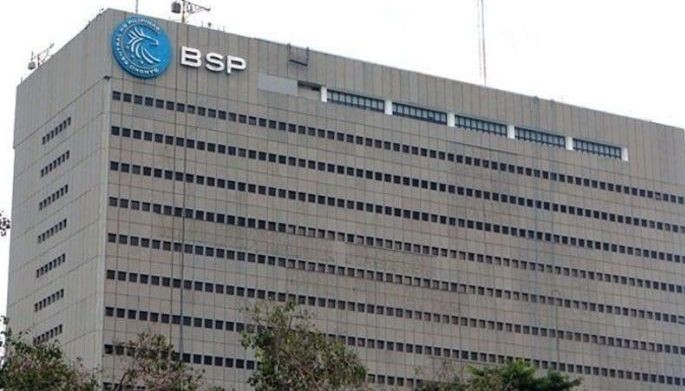MANILA, Philippines — The Bangko Sentral ng Pilipinas (BSP) has dangled additional incentives to serve as sweeteners to lure more interest in venturing into Islamic banking in the country.
The central bank’s Monetary Board has issued Resolution 493 approving the modified minimum capitalization requirements for conventional banks with Islamic banking units to expand access to Shari’ah-compliant banking products and services to all Filipinos.
The guidelines allow conventional commercial banks or subsidiary banks of a universal bank, which meet the minimum capital requirement for their respective banking category, to operate an Islamic banking unit within a transitory period not exceeding five years.
“The BSP aims to incentivize the conventional banks to test, explore and develop the market for Islamic banking products and services with prudential safeguards to support the entry of a critical mass of Islamic banking players in the country,” BSP Governor Felipe Medalla said.
Medalla said qualified conventional banks with Islamic banking units would also be accorded prudential relief in meeting the minimum capital requirement, which shall be based on the actual number of branches being used in Islamic banking operations.
According to the BSP, the application of central bank’s enforcement framework provides prudential safeguards to ensure accountability on the committed business plan and capital build-up plan after the transitory period of covered banks with Islamic banking units to promote market discipline in the financial system.
The regulator has yet to grant an Islamic banking license since the enactment of Republic Act 11439 or An Act Providing for the Regulation and Organization of Islamic Banks in 2019.
The central bank has maintained its flexibility to lure more interest in venturing into Islamic banking in the country after the sector was opened to new players.
For one, regulatory reforms on Islamic banking licensing as well as Shari’ah governance and taxation have been instrumental in making the Philippines an attractive site for Islamic banking.
It has issued policies to implement the Islamic Banking Law and the provisions on Islamic banking under the Bangsamoro Organic Law.
These are Circular 1069 on the Guidelines on the Establishment of Islamic Banks and Islamic Banking Units, which is aligned with the BSP’s risk-based licensing framework and Circular 1070 on the Shari’ah Governance Framework.
In 2020, the Bureau of Internal Revenue (BIR) issued Revenue Regulation 17-2020 stating that Islamic banking transactions shall not be taxed more heavily or more lightly than conventional transactions.


